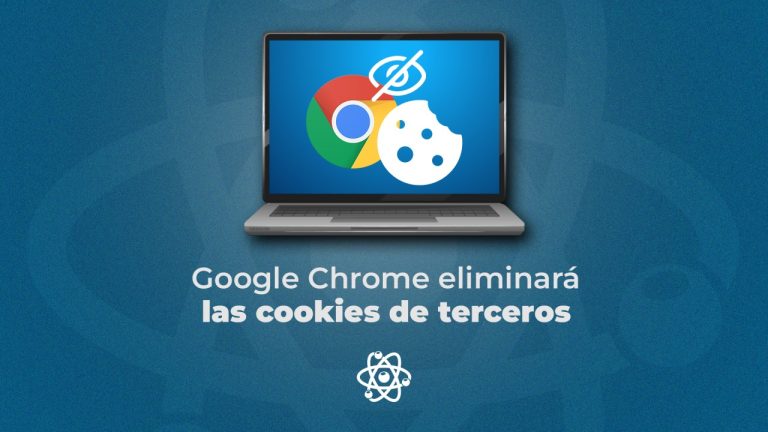In the digital age, this question has become common among entrepreneurs, small businesses and even independent professionals: What is essential to have a website to be successful? The short answer is yesbut let's look at why and how a web site can become an essential tool for achieving your goals.
1. Your Letter of Presentation to the World
A web site is, first of all, your virtual storefront. It is the place where visitors can learn about your brand, explore your services or products, and learn more about your story and values. In an environment where the first impression is key, a professional website provides credibility and trust.
Key data: According to studies of credibility in the web of Stanford University, a large amount of users judge the credibility of a company based on the design of your website. (https://credibility.stanford.edu/)
2. Availability 24/7
Unlike a physical establishment, a website is available 24 hours a day, 7 days a week. This means that your audience can find relevant information, to make purchases or to contact you at any time, no matter in what part of the world.
Benefit: A website breaks down the barriers of time zones and the time limitations, expanding your reach and increasing your chances of conversion.
3. Expand Your Reach and Increase Your Visibility
Having a website optimized for search engines (SEO) helps your business to appear in the search results of Google and other engines. This is crucial to attract new customers who might not be familiar with your brand but looking for what you offer.
Practical example: A store of organic products can attract customers from other cities or even countries if you optimize your content for relevant keywords.
4. Total Control over Your Content
Social networks are great to interact with the public, but a web site allows you to have total control over your content and how you present your brand. In addition, on your own site, you can offer content of value in the form of blogs, guides or case studies, which reinforces your authority in your field.
Important note: Depending only on third-party platforms, such as social networks, limit your control and leaves you exposed to algorithm changes that may affect your visibility.
5. Lead generation and Sales
A website is a powerful tool for capturing leads. Contact forms, landing pages and buttons, call-to-action (CTA) strategically placed can convert visitors into potential customers. For companies, e-commerce, is the point-of-sale, more efficient, allowing you to manage the entire purchasing process in an automated way.
Tip: Added downloadable content such as eBooks or guides to change the subscription to the newsletter to capture information to interested clients.
6. Statistics and Continuous Improvement
One of the biggest advantages of having a website is the ability to measure performance using web analytics. This allows you to know what pages are working best, where it comes from all your traffic and how to improve the user experience to increase conversions.
In a world that is increasingly digital, a web site is more than just a luxury; it is a strategic investment in the growth and sustainability of your business. Although social media and other channels are useful, a website well designed and optimized serves as the hub of your online presence, allowing you to build deeper relationships and attain greater stability in your strategy of digital marketing.
Do you already have a website or are considering creating one? Share your experiences or questions in the comments. And if you need advice to start your web project, suscríb




